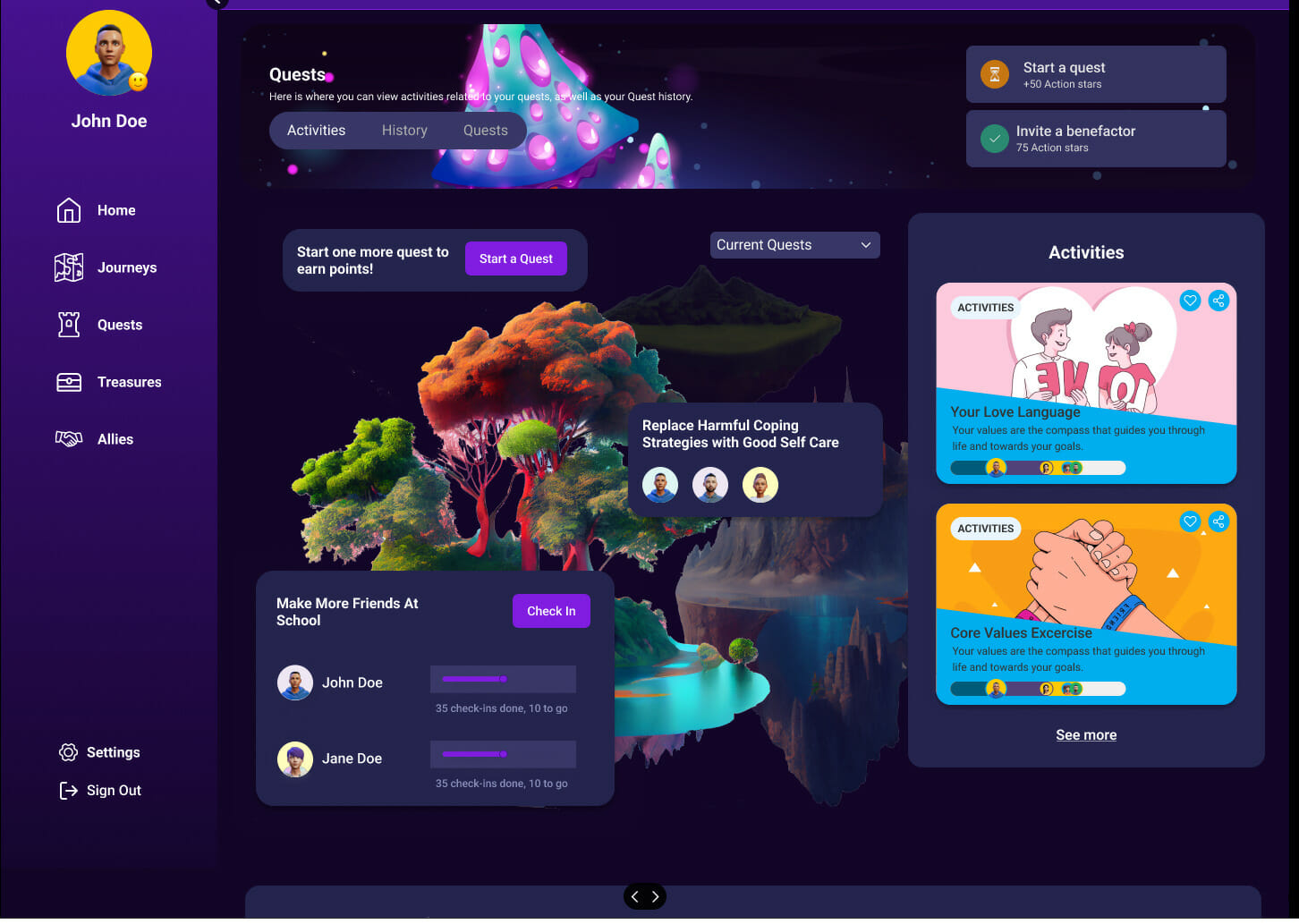Your cart is currently empty!

Why can’t everybody just be more like me?
I recently just finally got to watching the Galaxy of the Guardian series with my daughters. And one of them asks why the character Ego wants to destroy everything and make plans after himself. As parents, we often have to answer difficult questions on the spot. I said, “Haven’t we all gone through moments where we think–if everyone in the world were more like me, life would be so much easier?”
In psychological terms, this is called the theory of mind and refers to the ability to acknowledge different perspectives and know that your mindset might not be shared by those around you—and doesn’t need to be. Theory of mind is an innate potential ability people may reach, to different effectiveness, over time by observing others and testing out their social assumptions. This is a situation where variety IS really the spice of life, and exposure to different perspectives improves our personal and professional relationships.
I often recount earlier in my career in management when I suddenly realized I had hired a room full of people with my exact personality, zodiac, and even age range. And as human beings, we all gravitate toward those who are similar to us. In our increasingly digital lives, it’s even easier to spiral into tunnel visions of pre-selected tribes–in fact, most advertisers and companies urge you to do so. (i.e. You only have to show an interest in UFO conspiracy theory once before your social feeds start to flood with UFO sightings left and right. And after a while, if you’re not careful, all your digital friends are also UFO-ers).
Harvard Business Review has published a number of articles recently on the benefits of different perspectives and international working experiences. While we may not all have the privilege of an international career or being a third culture kid, there are many ways to step outside of our comfort zones, including virtual volunteering. curaJOY, a nonprofit for family emotional wellness that I’m leading, attracts a staggering number of qualified volunteers worldwide for that exact reason. People are looking for a cause bigger than themselves and looking to interact with people from the other side of the world.
Discomforts, disagreements, and disappointments give us invaluable perspectives that act as balancing forces to bolster our social emotional skills and critical thinking for achieving our best in this world still ruled by old-fashion human relationships. So embrace them.
Responses to “Why can’t everybody just be more like me?”
3FXuP0CSXcd
gY5H2PuH2in
WIQKx3UtofM
n1COA1skxb1
9YlJDBJrtAU
Your article helped me a lot, is there any more related content? Thanks!
Your point of view caught my eye and was very interesting. Thanks. I have a question for you.
Wow, you unintentionally surrounded people with even the same zodiac as you? That’s impressive! I’ve always noticed that people tend to surround themselves with people who are similar to them, but I’ve never seen it to this extent!
Touched by what you read? Join the conversation!
-

I’m there for you–the whole you
Challenges and Reflections on Caring for a Dying Pet My cat in Taiwan was diagnosed with large-cell lymphoma last month. It’s a disease with a grim prognosis, even with aggressive and successful treatments. I know he is just a pet, but he helped me survive the difficult periods early in my marriage and move…
Read more >> about I’m there for you–the whole you
-

curaJOY Announces New Programs For Healthcare Equity In Marginalized Communities
curaJOY, a non-profit organization that focuses on building emotional wellness in marginalized families, aims to reduce social disparities in healthcare with its latest programs. Amazon’s Health Equity Initiative has selected the organization to support its digital wellness solutions.
Read more >> about curaJOY Announces New Programs For Healthcare Equity In Marginalized Communities
-

Talking Back
If you can’t regulate your emotions, your kid will struggle to regulate their own. You ask your kid to do something. They say something rude or snippy in return. You feel the need to correct this behavior, so you shout back at them for being rude, they shout back at you, and you’re back in…





Leave a Reply